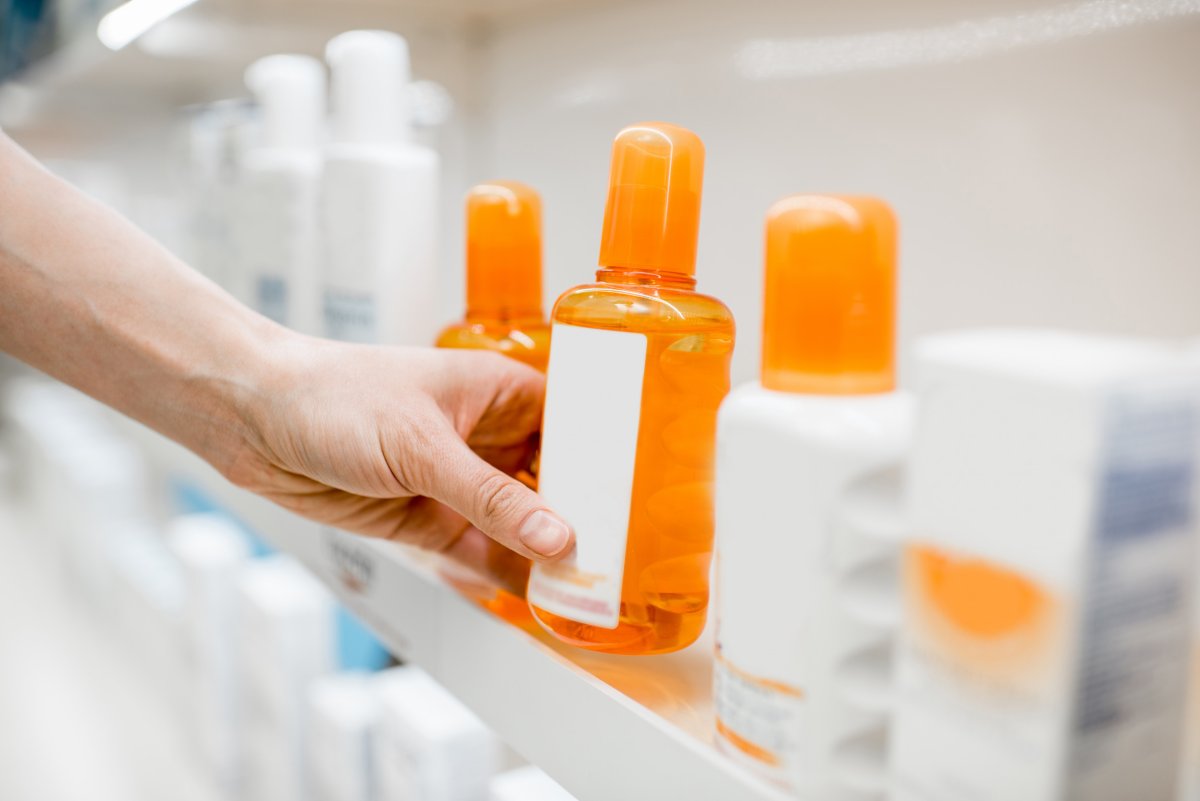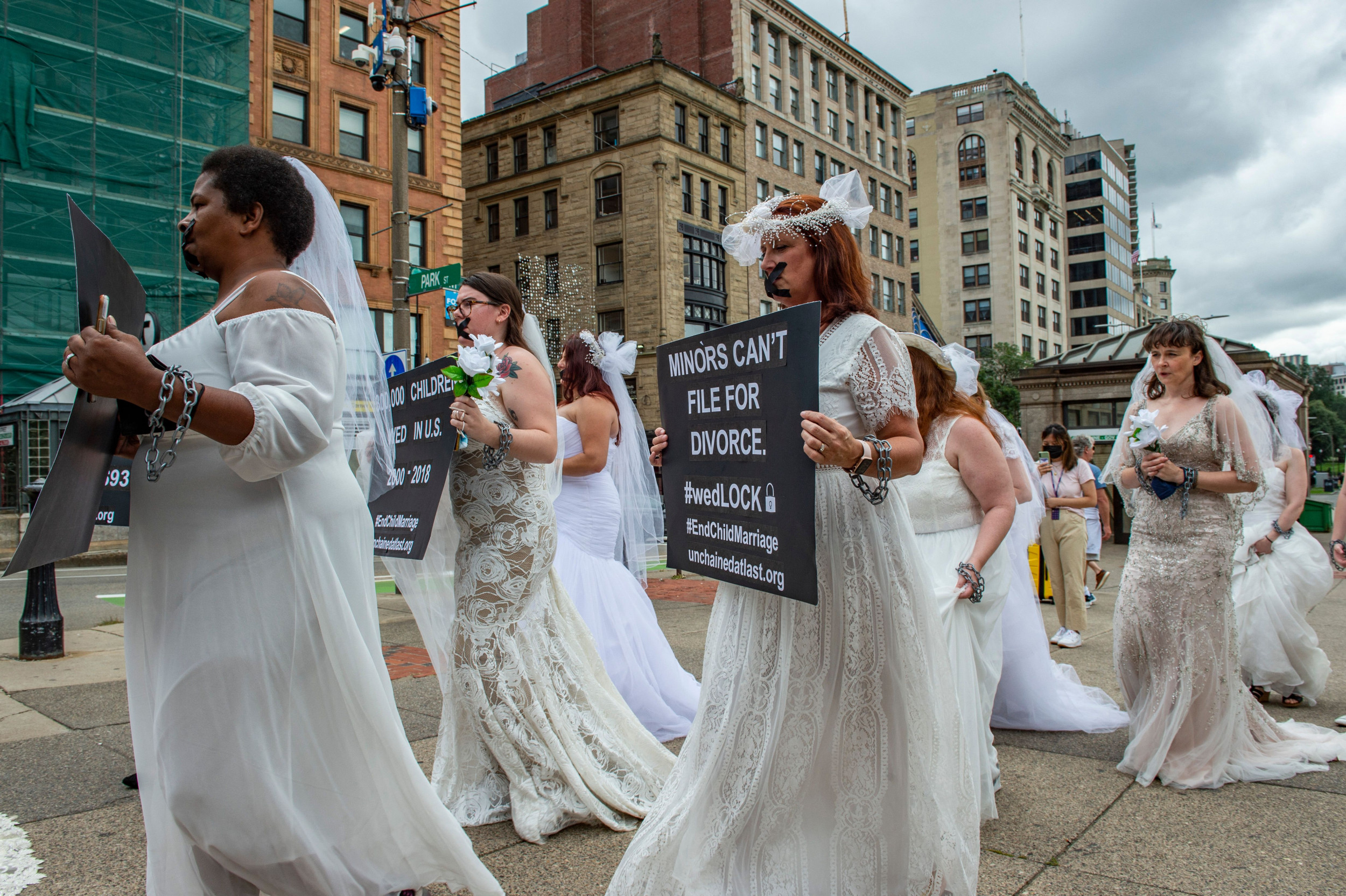Johnson & Johnson recalled five aerosol sunscreen products from Neutrogena and Aveeno after "low levels of benzene," a substance that can potentially cause cancer, were detected in some samples.
Consumers should stop using the affected products and discard them, the company said in a statement on Wednesday.
J&J said: "While benzene is not an ingredient in any of our sunscreen products, it was detected in some samples of the impacted aerosol sunscreen finished products. We are investigating the cause of this issue, which is limited to certain aerosol sunscreen products.
"Based on exposure modeling and the Environmental Protection Agency's (EPA) framework, daily exposure to benzene in these aerosol sunscreen products at the levels detected in our testing would not be expected to cause adverse health consequences. Out of an abundance of caution, we are recalling all lots of these specific aerosol sunscreen products."
All Products Affected by the Sunscreen Recall
J&J advised: "Consumers should stop using these specific products and appropriately discard them." The affected products:
- Neutrogena Beach Defense aerosol sunscreen
- Neutrogena Cool Dry Sport aerosol sunscreen
- Neutrogena Invisible Daily defense aerosol sunscreen
- Neutrogena Ultra Sheer aerosol sunscreen
- Aveeno Protect + Refresh aerosol sunscreen
The recalled products were distributed via "a variety of retail channels" across the country. Distributors and retailers will be notified of the recall by letter and the company is arranging for returns of all the recalled products, J&J said.
Consumers who have questions or want to request a refund can contact the company's Consumer Care Center line at 1-800-458-1673, which is available 24 hours a day, seven days a week.
Any adverse reactions or quality problems experienced following the use of these products can be reported to the MedWatch Adverse Event Reporting program of the U.S. Food and Drug Administration online or by downloading a form online to be submitted by mail or by fax. See the websites for J&J and the FDA for more information.
Benzene in Sunscreen
The latest recall follows a recent report by Valisure, a Connecticut-based online pharmacy and laboratory, which detected "high levels of benzene in specific batches of sunscreen products."
The lab tested 294 unique batches from 69 brands of sunscreen and after-sun care spray and gel products, including from Neutrogena, CVS Health, Sun Bum and Fruit of the Earth. The report found 78 product batches had "detectable levels of benzene."
The report stated: "The presence of this known human carcinogen in sunscreen products widely recommended for the prevention of skin cancer and regularly used by adults and children in large volumes makes this finding especially troubling."
In late May, the company submitted a citizen petition to the FDA urging the federal body to recall the identified batches as well as "issue a regulation...revise industry guidance" and take other action.
What is Benzene?
Classified as a "human carcinogen," benzene is a substance that can potentially cause cancer, depending on the amount of exposure.
The U.S. Centers for Disease Control and Prevention warns: "The seriousness of poisoning caused by benzene depends on the amount, route and length of time of exposure, as well as the age and pre-existing medical condition of the exposed person."
The CDC notes benzene is "a chemical that is a colorless or light yellow liquid at room temperature. It has a sweet odor and is highly flammable." In the U.S., it is among the top 20 chemicals in terms of production volume, according to the CDC.
Benzene is sometimes used to make chemicals required for creating plastics, resins, and nylon and synthetic fibers. It is also used in making certain types of lubricants, rubbers, dyes, detergents, drugs and pesticides, the CDC says.
"Benzene is ubiquitous in the environment," J&J said. The CDC explains it evaporates very quickly in the air and "its vapor is heavier than air and may sink into low-lying areas."
Generally, indoor air has higher levels of benzene than outdoor air, the CDC says. The levels found in indoor air come from different products that contain benzene, including glues, paints, furniture wax and detergents.

Uncommon Knowledge
Newsweek is committed to challenging conventional wisdom and finding connections in the search for common ground.
Newsweek is committed to challenging conventional wisdom and finding connections in the search for common ground.
About the writer
Soo Kim is a Newsweek reporter based in London, U.K. She covers various lifestyle stories, specializing in travel and health.
Soo ... Read more
To read how Newsweek uses AI as a newsroom tool, Click here.








